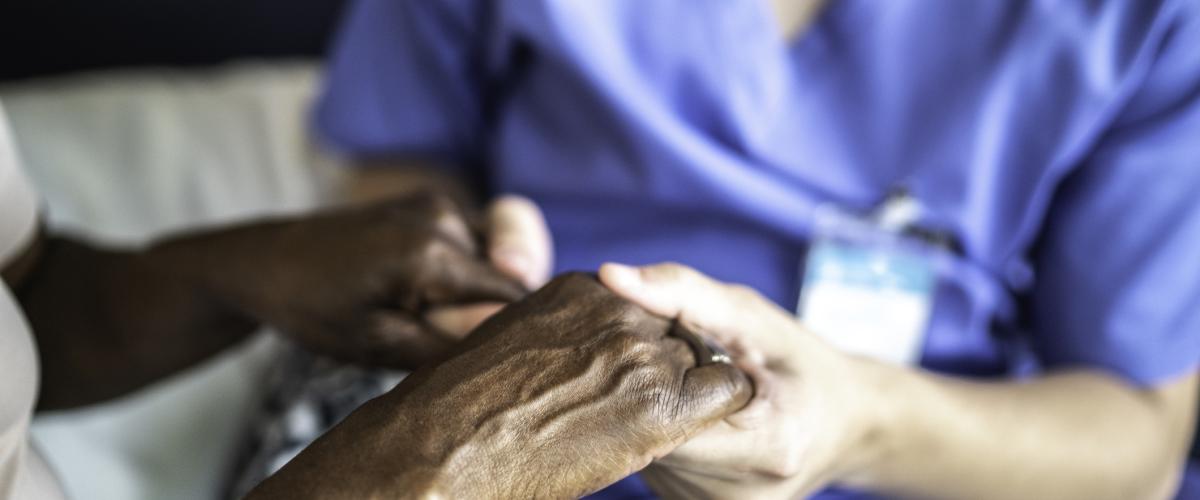Case Western Reserve University researchers examine how social relationships affect depression, suicide and other issues
African-Americans who regularly attend church are far less likely to suffer from mental-health issues, including depression and suicide, according to new research from Case Western Reserve University. The findings, recently published in the Journal of Community Psychology, were based on a national survey of 3,000 study participants. (The African-American ethnic distinction is defined as participants with family origins from Africa.) “In a nutshell, being in touch with family and church members is good for mental health,” said Ann W. Nguyen, an assistant professor at the Jack, Joseph and Morton Mandel School of Applied Social Sciences at Case Western Reserve. “People who are more emotionally close to church members have lower rates of suicide. Religion is support for [many] African-Americans.” Having strong connections with family, friends and church members can be beneficial to mental health, Nguyen explained, because they serve as a guard against a range of psychiatric problems, such as depression, suicide, psychological distress and posttraumatic stress disorder (PTSD). What African-Americans describe as “family” generally is broader—think cousins, aunts and uncles—than what white people describe, according to respondents. “There’s more frequency of contact—African-Americans are more in touch with church members—adding a layer of benefit,” Nguyen said.Key takeaways
Among the African-Americans who participated in this study:- People who had more contact with church and family members had less depressive symptoms.
- Those who received more emotional support from family had less depressive symptoms.
- People who experienced more negative interactions with church and family members had more depressive symptoms.
For more information, contact Colin McEwen at colin.mcewen@case.edu.





